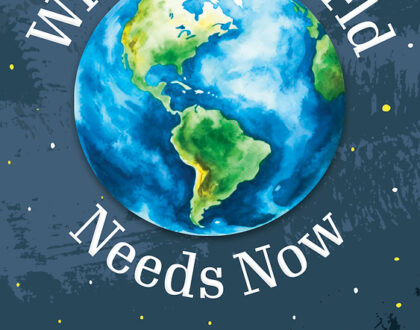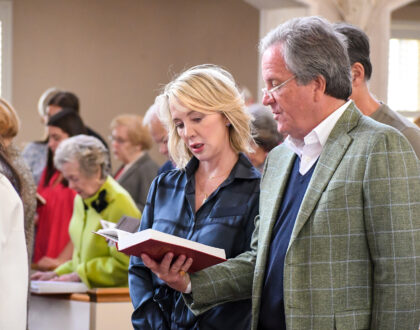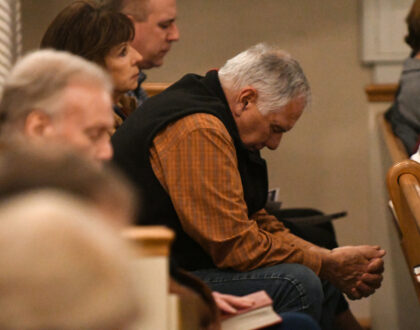Cultural Challenges Need Moral Answers

In recent weeks, I have been intentionally asking different friends and colleagues what they see as the most pressing challenges facing our culture right now. Specifically, what concerns them most about our society, human interaction, and the issues we face? Polarization and division were mentioned often, how we have dehumanized one another and those with whom we disagree. This even affects relationships with close family members and friends. Selfishness seems to be on the rise as we have become a culture of “me and I” rather than “we and us.” Self-promotion and self-absorption are common, largely thanks to social media and stress. We continue to face a crisis of truth with misinformation and disinformation, leading various groups to exist in very different realities with an entirely different set of facts.
Research now proves that our number of authentic friendships has been declining for some time. We have many acquaintances and colleagues but fewer close friends with whom we are willing to be vulnerable. This might be the result of social isolation and not knowing whom we can trust. Judgment abounds, especially as it relates to Covid protocols. Do you wear a mask? Are you vaccinated and boosted? Are you woke? Civility and kindness remain in short supply. People feel tired and worn down, impatient and frustrated. Loss and grief are raw.
Some have responded to my question by using the word “godlessness.” We are becoming a secular culture (like Europe) that does not know God or slow down to experience God’s presence day to day. Before significant problems can ever be addressed, they must first be identified. After they have been identified, it’s time to get to work. We must all play a role in facing these challenges. We must be the change we want to see in the world. Jesus famously told his disciples, “The harvest is plentiful but the laborers are few.” To phrase this differently, there is so much work to do, so many problems to solve, yet many remain apathetic and indifferent.
Recently retired Vanderbilt professor John Lachs is known for saying, “We have far too much passivity in our culture.” Too many people say, “If it doesn’t affect me, then I don’t care.” Yet, every challenge that I have named affects all of us, and will certainly affect our children. We become moral people when we move beyond self and care about the well-being of others and the common good. The prophet Jeremiah wrote to the Jews in exile, “Seek the welfare of the city where I have sent you.”
James Davidson Hunter coined the phrase “faithful presence” in his book “To Change the World.” Tennessee’s former Governor Bill Haslam published a powerful book called “Faithful Presence” expressing concern about the current state of our politics and civil discourse. What does faithful presence look like in this culture? In an earlier book titled, “The Death of Character,” Hunter writes, “We want character but without unyielding conviction; we want strong morality but without the emotional burden of guilt or shame; we want virtue but without particular moral justifications that invariably offend; we want good without having to name evil; we want decency without the authority to insist upon it; we want more community without any limitations to personal freedom. In short, we want what we cannot possibly have on the terms that we want it.”
Life just doesn’t work that way. Fixing the spiritual problems that ail our culture will take time, patience, and fortitude. I hope we are up for the challenge.
Recommended Posts

My Upcoming Book – ”What the World Needs Now“
April 01, 2025

Emotionally Intelligent Christianity
March 26, 2025

Humility and the Challenge of Personal Growth
March 19, 2025

